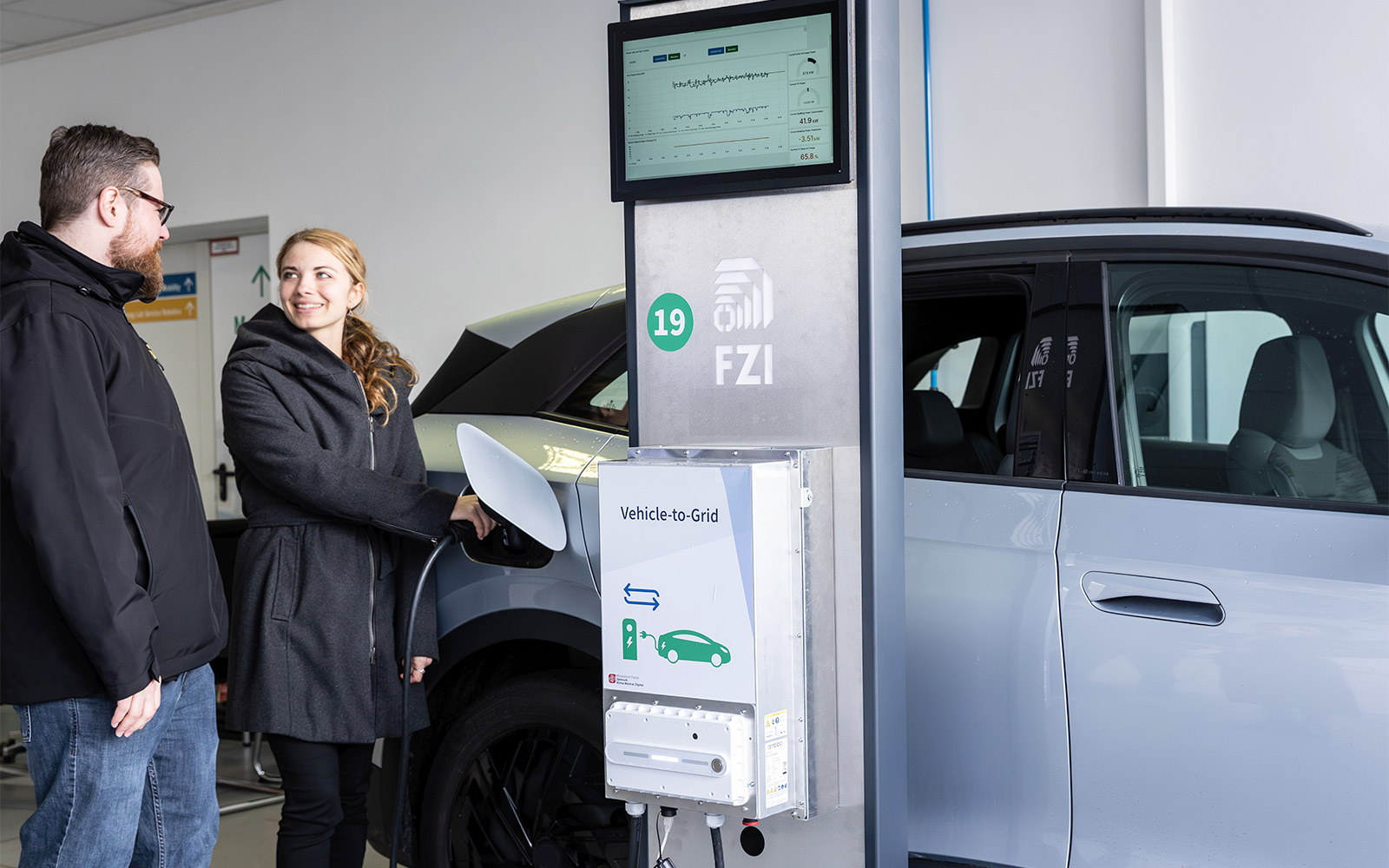WeForming
Buildings as efficient and interoperable components of the future energy system
Sustainability is of central importance. It ensures that the needs of the present generation are met without compromising the resources and opportunities of future generations. In the face of climate change and scarcity of resources, sustainable action is urgently needed and essential to ensure long-term economic, social, and environmental stability.
AI solutions for climate-adaptive urban planning, taking into account air corridors, drainage and biodiversity.
Solutions for preventive and resource-efficient
maintenance of weir systems and locks.
Solutions for highly automated and
scalable processes for electricity grid operators
Buildings as efficient and interoperable components of the future energy system
Sustainable construction process engineering with digital twins of buildings
Flexible refrigeration systems against the background of increased decarbonization
Living lab for the transfer of digital health applications and AI into healthcare
Resource-efficient Thin-Edge systems through integrated AI and neuromorphic electronics in sensors
Climate-friendly, neuromorphic and for a sustainable transport infrastructure of the future.
Actively addressing the challenges posed by climate change and using them as an opportunity for the German economy.
Dynamic demand-response system for sustainable manufacturing via IT networking facilitating efficient energy use, marketing, and generation
Success factors for CoWorking Spaces
Bringing people together with virtual reality

With our FZI Living Labs, we offer our customers and project partners a holistic research landscape: from modeling and optimization to regulatory expertise, IT architecture, and control of hardware such as charging infrastructure and CLS management.
We conduct research together with industry and application partners in joint projects and bilateral collaborations. There is also a close integration of knowledge at the FZI from the application fields of energy, production, mobility, transport and logistics and the research focus Safety, Security and Law.
.


Interested in our expertise?
Contact us for cooperation opportunities or order inquiries.